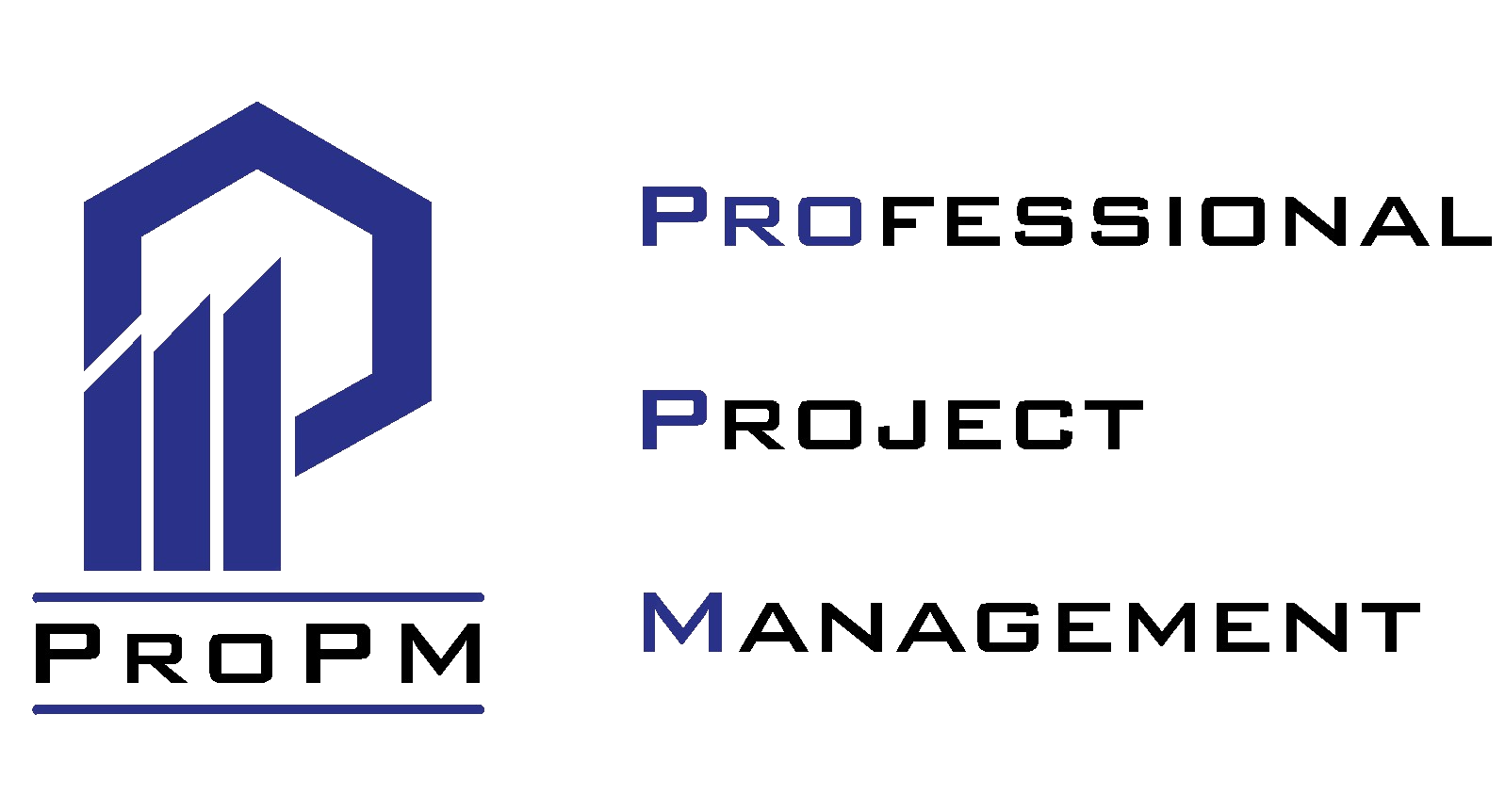Water Efficiency Consulting provides businesses with a critical service to optimize their water consumption, reduce water costs and achieve environmental sustainability goals. This consultancy provides many benefits, from legal compliance to cost savings, environmental sustainability to competitive advantage. Water efficiency certificates show that businesses fulfill their environmental responsibilities and take a leadership role in water management. Water Efficiency Regulation Consulting is an indispensable strategic tool for all businesses that want to take a step towards a sustainable future and achieve excellence in water management.
The protection and efficient use of water resources is more important than ever today. In terms of both environmental sustainability and optimizing the costs of businesses, complying with water efficiency regulations has become critical. Water Efficiency Regulation Consultancy is an important service that helps businesses optimize their water consumption, comply with legal regulations, and obtain water efficiency certificates. This article will discuss in detail the advantages of water efficiency regulation consultancy and the benefits of obtaining certificates for businesses.
What is Water Efficiency Regulation?
Water Efficiency Regulation is a set of legal regulations that encourage the efficient use of water and minimize water consumption. This regulation aims for businesses to manage water resources sustainably and prevent water waste. Within the scope of the regulation, complying with certain water efficiency standards and documenting this compliance is of great importance in terms of protecting water resources and environmental sustainability.
What is Water Efficiency Regulation Consultancy?
Water Efficiency Regulation Consultancy is a service that guides businesses in complying with water efficiency regulations and obtaining the necessary water efficiency certificates. This consultancy provides a wide range of support from water consumption analysis to the development of water efficiency strategies and obtaining water efficiency certificates.
Advantages of Obtaining a Water Efficiency Certificate
1. Legal Compliance and Risk Reduction: Water efficiency certificates show that businesses comply with legal regulations regarding water management. These certificates minimize legal risks for businesses and guarantee legal compliance regarding water management. Businesses that do not comply with legal regulations may face serious fines and operational restrictions.
2. Cost Savings: Complying with water efficiency regulations ensures that water consumption is optimized and water costs are reduced. Businesses that reduce water consumption can increase their profitability by controlling water costs. In addition, the use of water efficiency technologies provides additional cost savings by reducing energy consumption.
3. Environmental Sustainability: Water efficiency certificates contribute to businesses achieving their environmental sustainability goals. Minimizing water consumption and protecting water resources helps reduce environmental impacts. Environmental sustainability is a critical factor for the long-term success of businesses.
4. Reputation and Competitive Advantage: Water efficiency certificates show that businesses fulfill their environmental responsibilities and are committed to water management. These certificates increase the reputation of the business in the eyes of customers, investors and society. At the same time, water efficiency certificates provide businesses with a competitive advantage in the field of environmental sustainability.
5. Continuous Improvement and Performance Monitoring: Water efficiency regulation consultancy helps businesses continuously monitor and evaluate their water efficiency performance. Performance monitoring enables the necessary corrective measures to optimize water consumption and continuous improvement in water management.
6. Reducing Water Pollution: Water efficiency certificates promote best practices for preventing water pollution and protecting water resources. Wastewater recovery and water reuse are effective ways to reduce water pollution. These certificates help businesses take a leadership role in combating water pollution.
Water Efficiency Regulation Consultancy Process
The Water Efficiency Regulation Consultancy process includes the following steps for businesses to optimize their water consumption and obtain water efficiency certificates:
1. Water Management Situation Analysis
The first step in the consultancy process is to analyze the current water management status of the business. In this step, elements such as water consumption, water waste, wastewater management and water pollution are evaluated.
2. Determining Water Efficiency Targets
After the situation analysis is completed, specific, measurable, achievable, relevant and time-oriented (SMART) water efficiency targets are determined. These targets ensure that water consumption is optimized and water efficiency strategies are developed.
3. Developing Water Efficiency Strategies
Water efficiency strategies are developed to achieve the determined targets. These strategies include monitoring water consumption, using water-saving technologies and practices aimed at preventing water pollution.
4. Training and Awareness Programs
In order to achieve water efficiency targets, it is important to raise awareness and train employees on water management throughout the business. These programs ensure effective implementation of water efficiency strategies.
